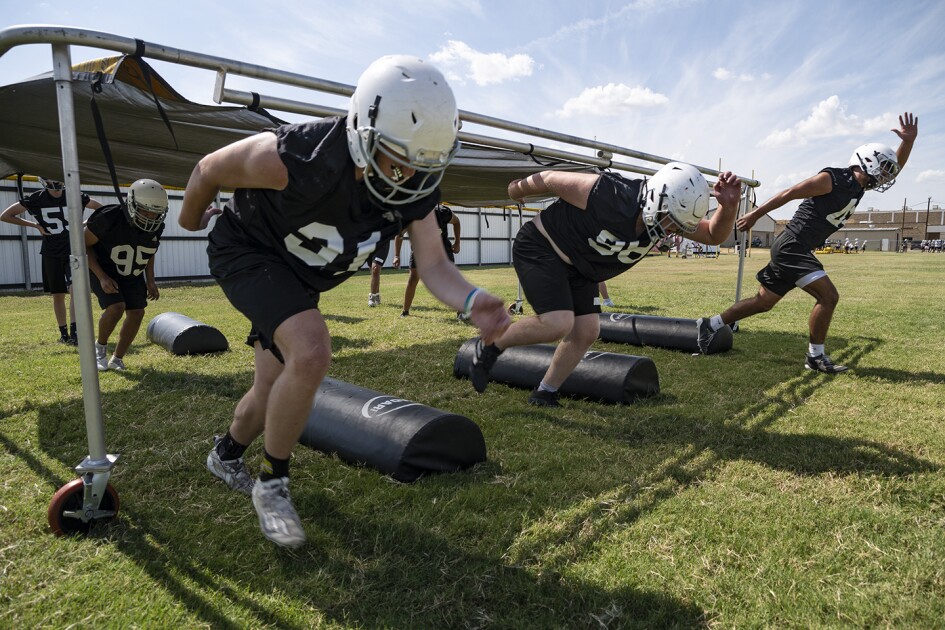Into the waterfall of educational concerns that current reform initiatives are unlikely to fix, add how required reading of certain literary classics often ruins teens’ potential interest in serious reading. Among the chief culprits: the book sometimes called the “great American novel” and the recipient of, among other endorsements for inclusion in the canon, Ernest Hemingway’s tribute that, “All modern American literature comes from one book by Mark Twain called Huckleberry Finn.”
Hemingway may be right, but during and after their two-chapter-a-night, test-in-three-weeks slog through The Adventures of Huckleberry Finn, few high schoolers gain any sense of why Twain is revered, understand what the book is even about, or have their thinking changed by absorbing how differing contexts have made the tale controversial from its time through today. Huck Finn, not to be confused with the more youth-reader-friendly Adventures of Tom Sawyer, is a very thorny book. Potential barriers for teen readers include Twain’s use of highly colloquial period-speech and subtle subversion of the religious and slaveholding conventions of his contemporaries, not to mention some highly dense sections. So where is the rationale for forcing teens to read a book whose story is more or less simple but whose context is more complex than most of them are prepared for? Where is the evidence, anecdotal or empirical, that even a substantial minority of high schoolers enjoy reading the book or are encouraged to pursue reading or literary learning as a result of experiencing this work of a premier American satirist?
Write For Us
Interested in submitting a piece to Education Week Teacher‘s Teacher Voices section? See our submission guidelines here. And send your completed piece to edweekteacher@epe.org.
And if we have to teach Twain, why Huck Finn? Inarguably, the man from Hannibal is an important American writer whom students should know about. But why present him in a way to drive away potential interest? Teachers may have an unlimited repertoire of ways to teach the book, but given the usual results, what is the purpose of that instruction? To make students feel that literature isn’t really for them? Twain did write more accessible books. Why not teach The Innocents Abroad (and perhaps use it as a way to teach connections between journalism and novels and how America in the 19th century connects to today) or a collection of Twain’s short stories as representative of the writer and his influence?
Where within the wisdom of the Common Core State Standards for English Language Arts does it mandate that teachers should ruin the potential for enjoying books for an academic purpose probably not served? Shouldn’t Huck Finn (and any number of other books in “the canon” for that matter) be saved as a syllabus item for college literature classes, or maybe just for students in advanced courses where its “controversies” can be considered within a challenging academic context?
Don’t get me wrong: High school students should not be kept from great and challenging works. But picking books that will work in a classroom requires more than just reliance on traditional reading lists. For exposure to 19th-century American novels students might better connect to, consider Herman Melville’s Omoo or Typee, which get students out on a whaling ship and, maybe, hopefully, on a reading voyage that will eventually lead to Moby Dick; or perhaps try to mesh with the interest in things “goth” by assigning Nathaniel Hawthorne’s House of the Seven Gables. Stephen Crane’s Open Boat and the eerie and ever-appealing Edgar Allan Poe catalog are also picks with strong potential to engage thoughtful teens.
If a teacher has a way to teach a classic so that students respond, that is one thing. But forcing even a great author’s most highly acclaimed work on students not ready for it does no justice to the work, the teacher, or the student.
Remember your own high school days and ask today’s students what they’re getting out of Huck Finn. Then, perhaps, reconsider whether Huck Finn should continue to be steered up the Mississippi river of student interest without a paddle just because that’s the way it’s always been.






